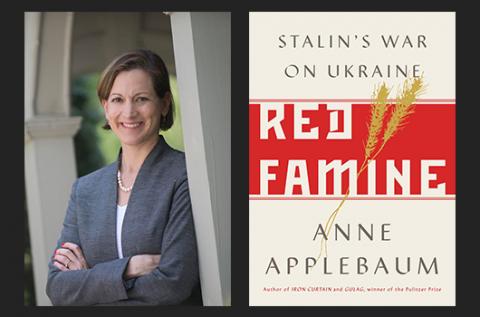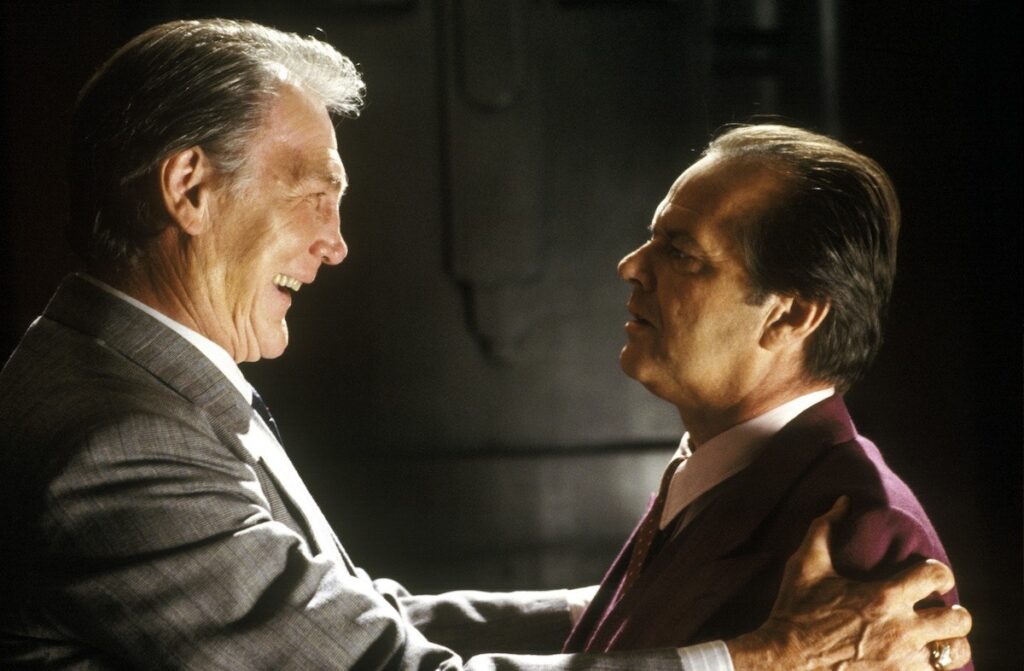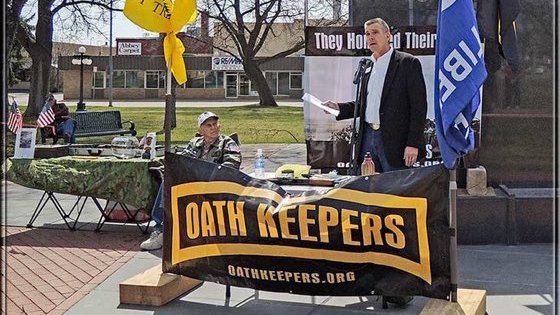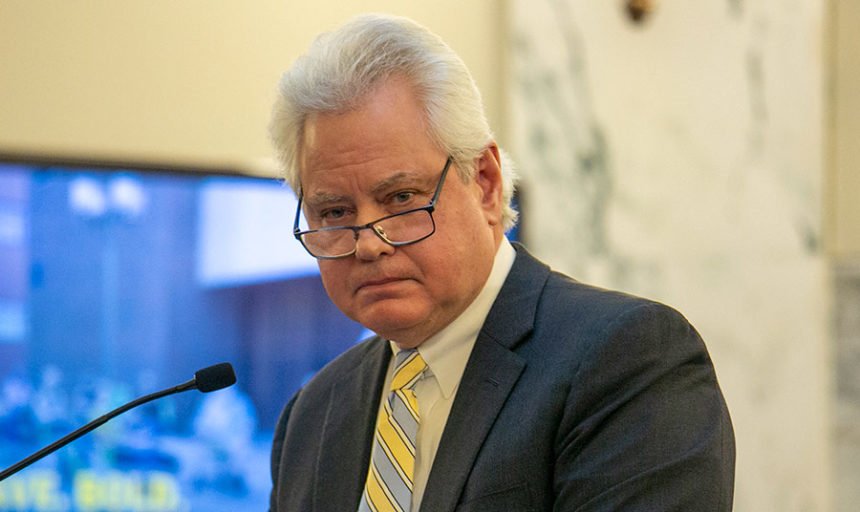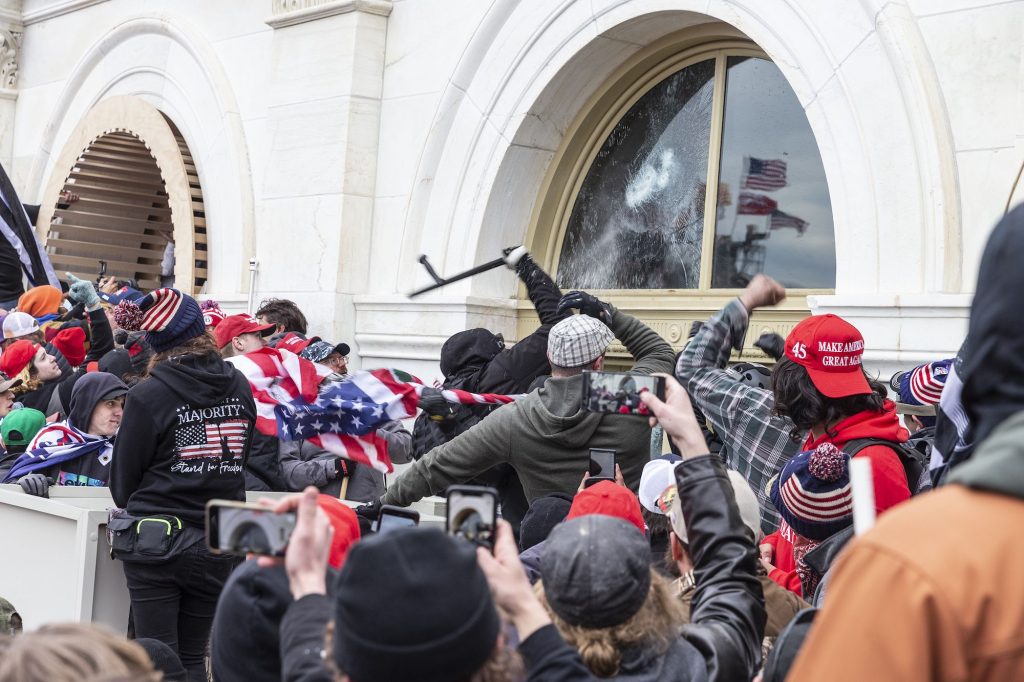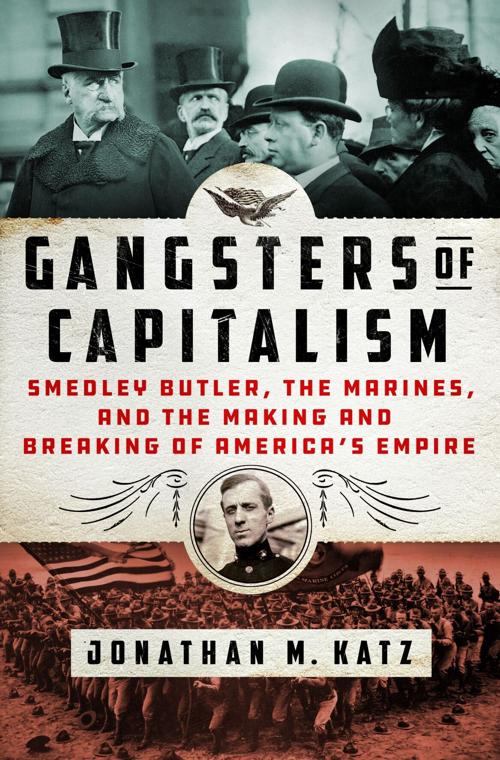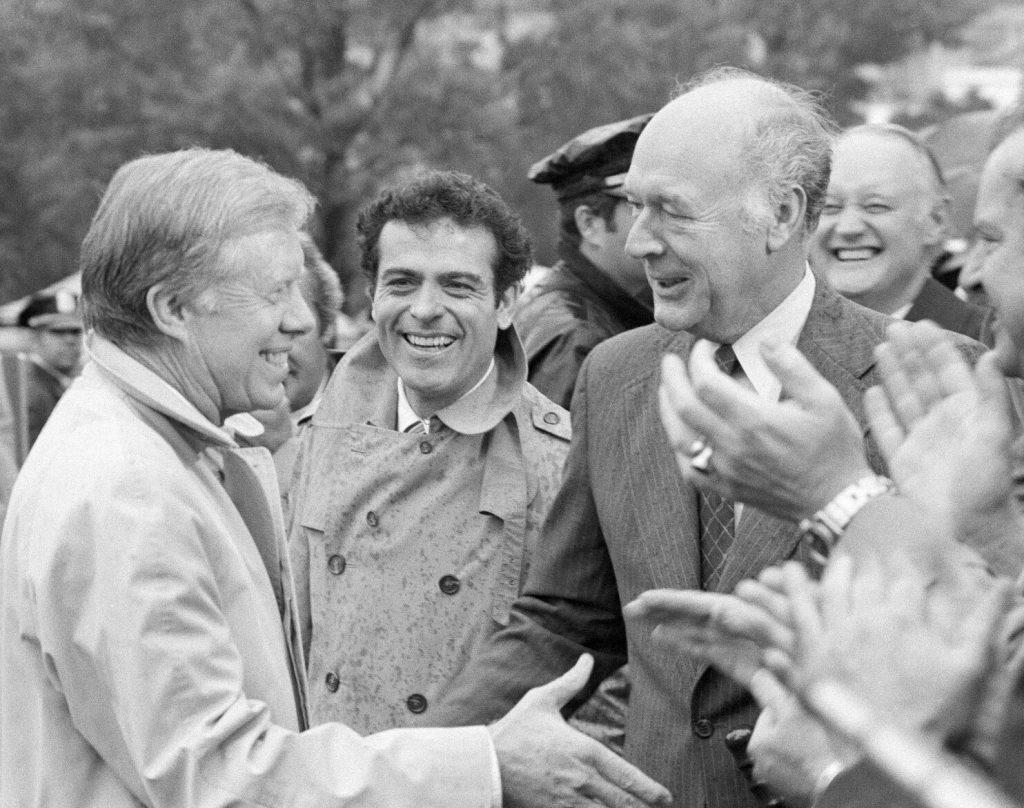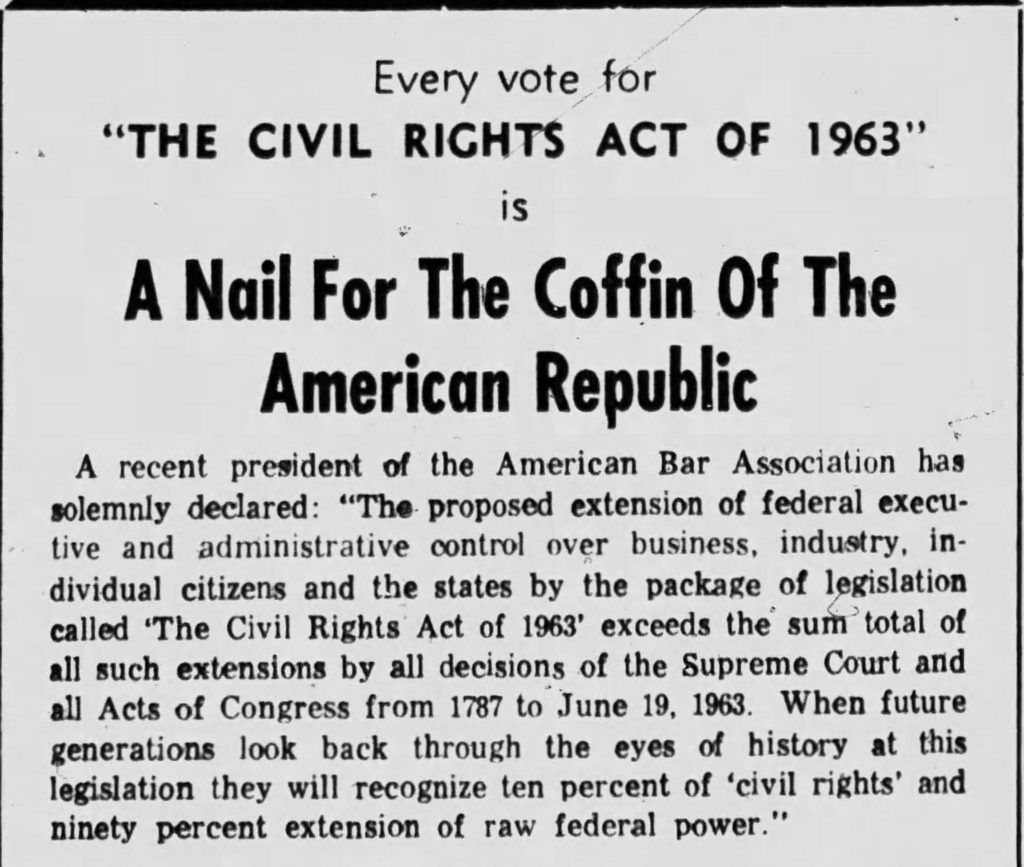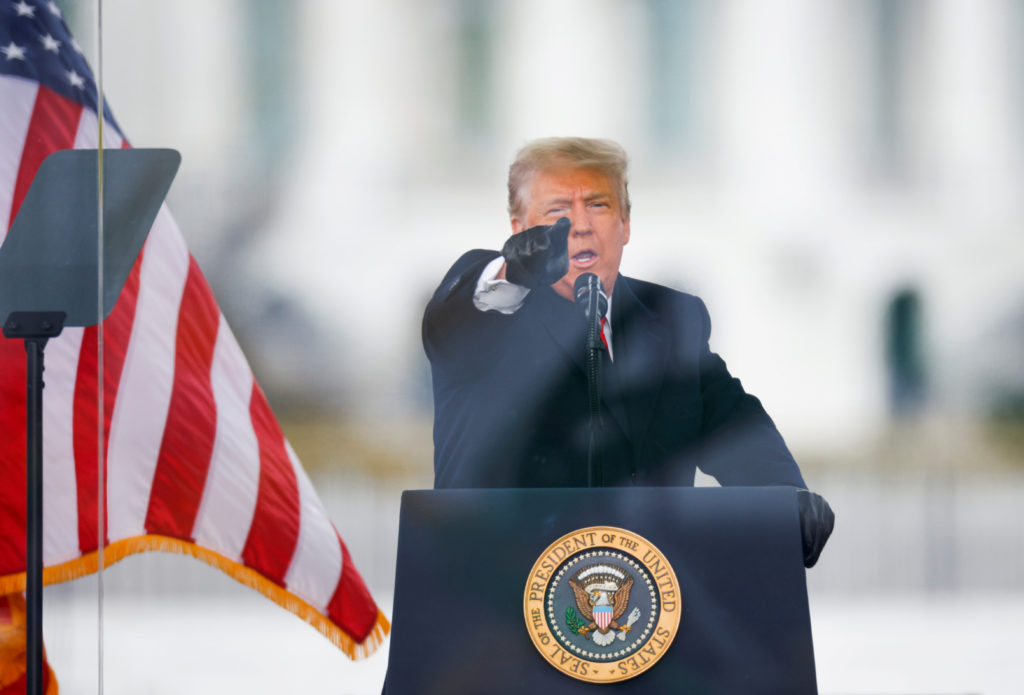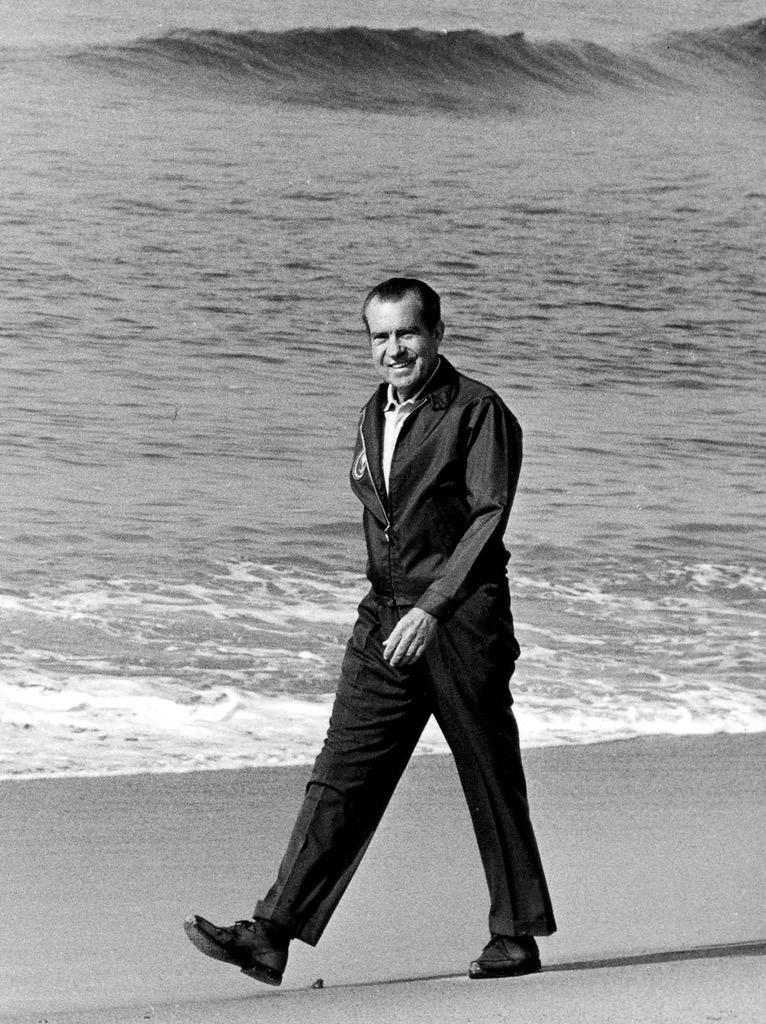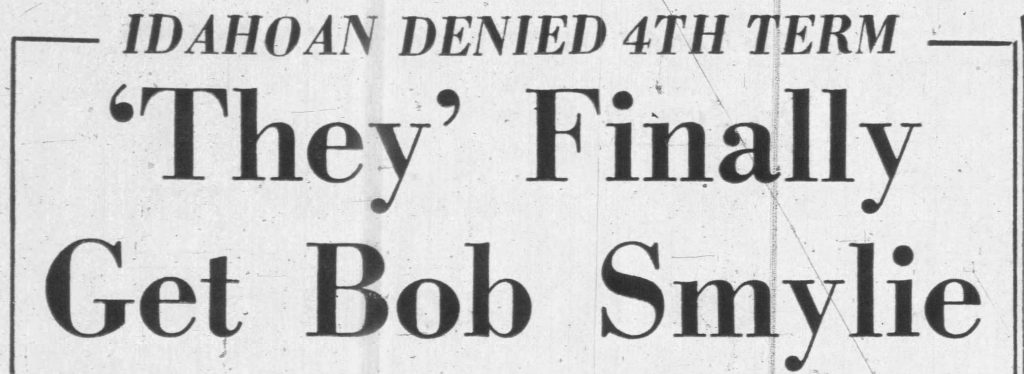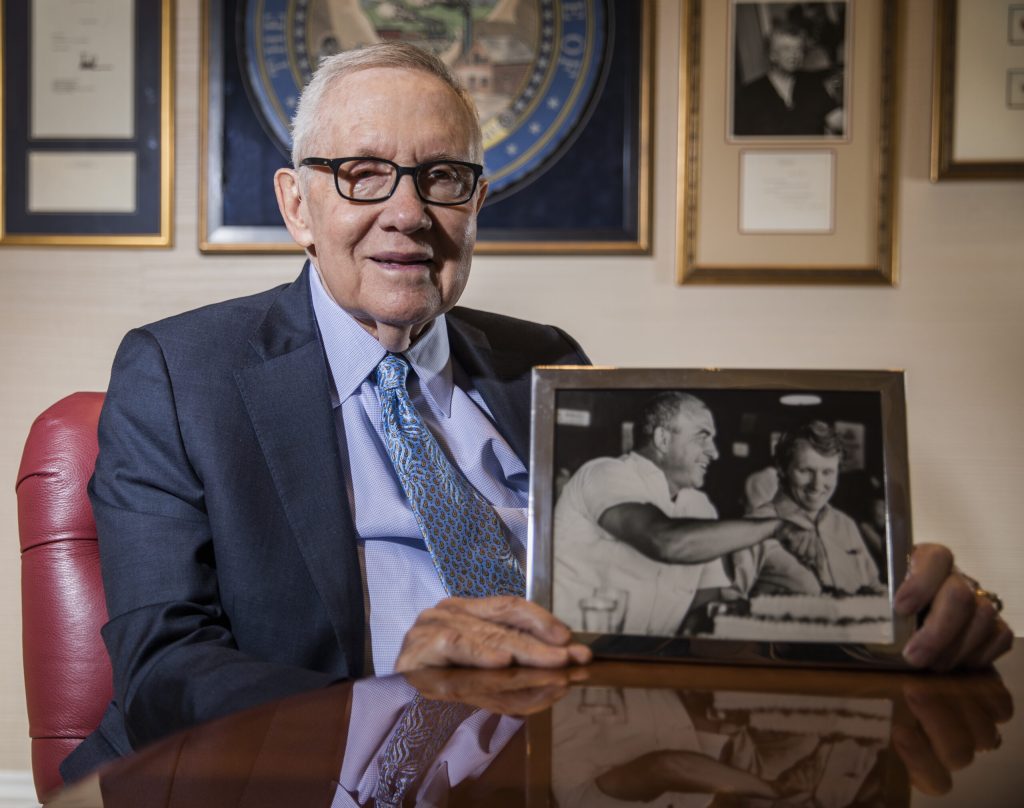“We have the evidence to prove President Trump ordered the aid withheld, he did so to force Ukraine to help his re-election campaign … we can and will prove President Trump guilty of this conduct and of obstructing the investigation into his conduct.”
— California Congressman Adam Schiff during the Trump impeachment trial concerning Ukraine
Military analysts, and most famously the Prussian Carl von Clausewitz, have long referenced the “fog,” or uncertainty that always surrounds war. Given the best planning and skilled execution, battles never unfold the way they are envisioned on a map in a secure location.
Wars become a blur. Information is unreliable. People make mistakes. Supplies get destroyed or sidetracked. Leaders and followers stumble around in the dark amid death, destruction and dread.
A fog of war descends.
One suspects Vladimir Putin has lived in this state for two weeks now. The war crimes this “small, feral-eyed” man – that’s Senator Mitt Romney correctly describing Putin – has perpetrated in Ukraine will live in infamy. The heinous crimes are visible to all. The former KGB man is doomed. The only questions are how long it will take to be rid of him and how many innocents will die while the world waits.

Yet, while we wait and contemplate what Putin has done to a mostly peaceful post-war Europe, at least a Europe where NATO never seriously faced off against a nuclear armed Russian, and before Americans become consumed with gas prices rather than crimes against humanity, we should confront some hard truths about our own Ukraine back story.
Tribal politics have done much to damage the United States. Good faith in our civic life has become as rare as $2 regular at the pump. Lies and misinformation dominate seemingly every debate. The work is underway, therefore, to rewrite the Ukraine narrative in the interest of sparing many conservative politicians of any accounting for how cavalierly they treated issues in eastern Europe when their guy was running the show.
As good a place to start to plug the memory hole is Paul Manafort, the Republican political operative and lobbyist who lived a high life and made millions, as NBC reported in 2017, “working for a corrupt pro-Russian political party that repeatedly disparaged America’s most important military alliance” – that would be NATO.
Just to jog your memory, Manafort “volunteered” for no salary to work on Donald Trump’s 2016 presidential campaign even though he was reportedly in dire need of cash.
[Personal observation: political consultants are some of the most money conscious people in our system. They are always afraid the political client will run out of money and they won’t get paid. To work for the pleasure of being associated closely with a world-class narcissist is, to say the least, unusual.]
Manafort did several things during his time with Trump. He engineered a remarkable change in the Republican platform. As the Washington Post reported in July 2016: “The Trump campaign worked behind the scenes last week to make sure the new Republican platform won’t call for giving weapons to Ukraine to fight Russian and rebel forces, contradicting the view of almost all Republican foreign policy leaders in Washington.”
One Republican who opposed the platform sight of hand was Diana Denman, a Texas delegate to the 2016 convention. Her comments in 2016 read in the context of Putin’s war today are little short of stunning. “The Ukrainian people are trying to come out of the past and stay free,” Denman said. “We owe to those who are fighting for freedom still to give them a helping hand.”
“I’m very passionate and supportive of the Reagan foreign policy of peace through strength,” Denman said.
Since there are no coincidences in politics it’s not a stretch to believe the GOP platform switch was orchestrated to please Manafort’s once and potentially future Russian clients. The change in longstanding Republican policy was simply a very cheap gift to Vladimir Putin, who Trump made no secret – then or now – of admiring, indeed emulating.
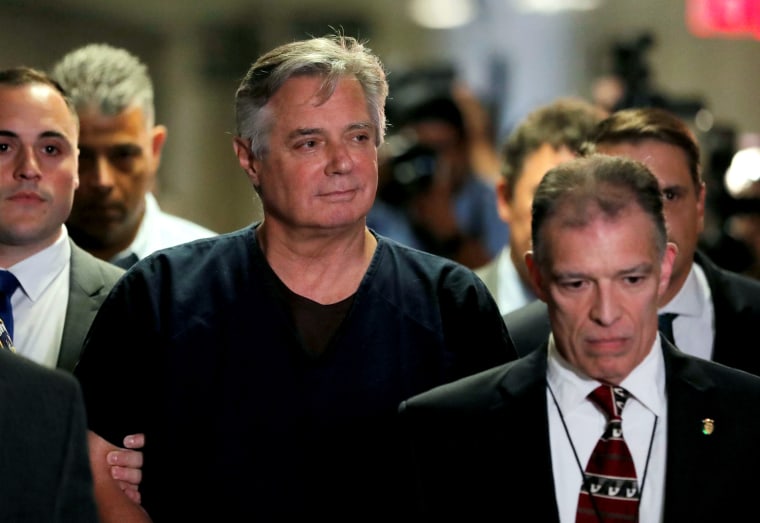
We also know, despite ongoing efforts to whitewash the truth, that Manafort gave sensitive Trump campaign polling information to one of his Russian contacts at the very time Putin was engaged in a massive social media disinformation campaign designed to influence the presidential election, and sow division in the American electorate.
[Another reminder: a bipartisan report of the Senate Intelligence Committee detailed the Russian interference. It was no hoax.]
Trump and his cult now claim he was tough with Putin. It’s a lie. Trump essentially endorsed Putin’s annexation – steal – of Crimea. Trump sided with Putin rather than U.S. intelligence agencies on the matter of Russian election interference, infamously saying in Helsinki in July 2018, “President Putin says it’s not Russia. I don’t see any reason why it would be.”
Trump embraced the fiction that Ukraine had meddled in the election, a move he made after Ukrainian records implicated Manafort in a financial scandal that led to his conviction. Manafort was, of course, pardoned by Trump.
Then came the “perfect call” between Trump and Ukrainian president Volodymyr Zelensky, a conversation that was so imperfect as to warrant Trump’s first impeachment. To again plug the memory hole: Trump tried to shake down Zelensky by withholding military assistance from the newly elected president in exchange for a storyline that Ukraine was investigating Joe Biden.
At a time when Ukraine needed building up, Trump did Putin’s bidding.
[Another reminder: remember the Portland hotelier Gordon Sondland? He was U.S. ambassador to the European Union and was in the middle of the Trump shakedown. He testified to the truth of a central fact in Trump’s impeachment. Watch it again and wonder how history might have changed had Republicans senators done their duty.]
Republicans, like Idaho’s Jim Risch and Washington’s Cathy McMorris Rodgers, who minimized and excused Trump’s “drug deal” approach to Ukraine in 2019 are now shamelessly acting like all this history never happened. They had a chance to rid themselves of this cancer on conservatism by convicting Trump of abuse of power. They punted.
“Trump didn’t care about the people of Ukraine—their lives or their democracy,” Amanda Carpenter wrote recently in The Bulwark. “He simply understood that he had power over them and could abuse this power to help his re-election. And his fellow Republicans, almost to a person, either helped him with this blackmail or defended it once it came to light.”
Biden’s handling of Putin’s war has hardly been perfect. He, too, suffers in the fog or war, but Biden has succeeded, at least so far, in uniting and re-invigorating NATO and the European Union, the one really big thing Putin sought, with Trump’s help, to destroy.
The endgame of this crisis, as serious as any in Europe since the 1930’s, is far from clear. What is clear is that one political party, a party once with a tradition of hardheaded national security policy, willingly enabled the dangerous impulses of a failed real estate developer who has never made a secret of his admiration for a dangerous dictator.
While we pray for the people of Ukraine we should remember how far into deceit and depravity that party was willing to take the country – and the world.
—–0—–
Additional Reading:
A few other items you may find of interest …
Our local-news situation is even worse than we think
A sobering serious from the Columbia Journalism Review.
“As reporting staffs have shrunk, the American population has grown. Since 2004, the number of newspaper newsroom staff per 100,000 people—a measure we might call “coverage density”—has dropped by a staggering 62 percent. This shows statistically what we knew anecdotally: reporters are spread far thinner than they used to be. It also helps explain the rise in ‘ghost newspapers,’ more than 1,000 publications that have lost more than half of their staff in recent years.”
Charter school program favored by Tennessee governor rewrites civil rights history
Good example here of why local news coverage is so darn important.
“If Governor Bill Lee gets his way, Tennessee will become a major player in a network of taxpayer-funded charter schools set up by a Michigan college with close ties to former President Donald Trump.
“Lee calls Hillsdale College’s approach to teaching civics ‘informed patriotism.'”
Some conservatives are worried about kids being “indoctrinated,” and that is exactly what they really want to do. It’s not history, but “informed patriotism.”
Good reporting from Nashville’s NewChannel 5:
Billionaire-backed group promotes hunt for voter fraud, uses discredited techniques
The big lie continues, perhaps even picks up steam in Wisconsin.
“Ever since Trump failed to convince the world that he lost the 2020 election because of fraud, like-minded people across the country have been taking up the same rallying cry, revisiting that vote with an eye toward what will happen in 2022.
“Now, a new group is stepping into a more conspicuous role in that world by providing easily accessible tools for people in Wisconsin, other Midwest battleground states and, eventually, the entire country to forge ahead with a quest to prove election irregularities.”
The money is coming from the hard right Wisconsin industrial family, the Uihleins, part of a network of deep pocketed activists who are keeping the big lie alive. Great reporting from Pro Publica and the Wisconsin Examiner.
Pulitzer winner Walter Mears dies, AP’s ‘Boy on the Bus’
A great tribute to a remarkable political reporter.

“Walter’s impact at the AP, and in the journalism industry as a whole, is hard to overstate,” said Julie Pace, AP executive editor and senior vice president. “He was a champion for a free and fair press, a dogged reporter, an elegant chronicler of history and an inspiration to countless journalists, including myself.”
Read the obit for a glimpse into Walter Mears’ ability to “nail the lead.”
That’s all I got. Thanks for reading. Stay safe.

